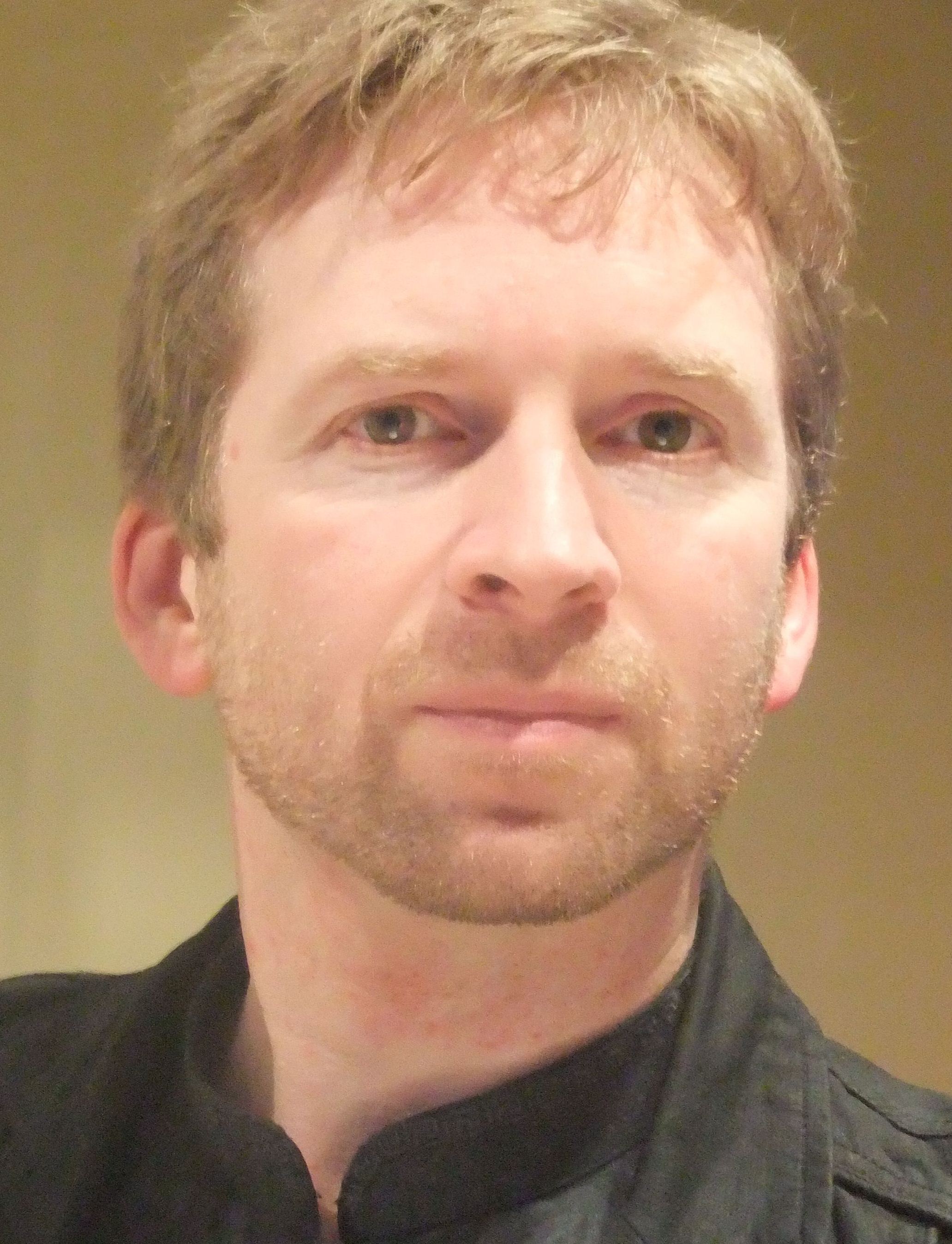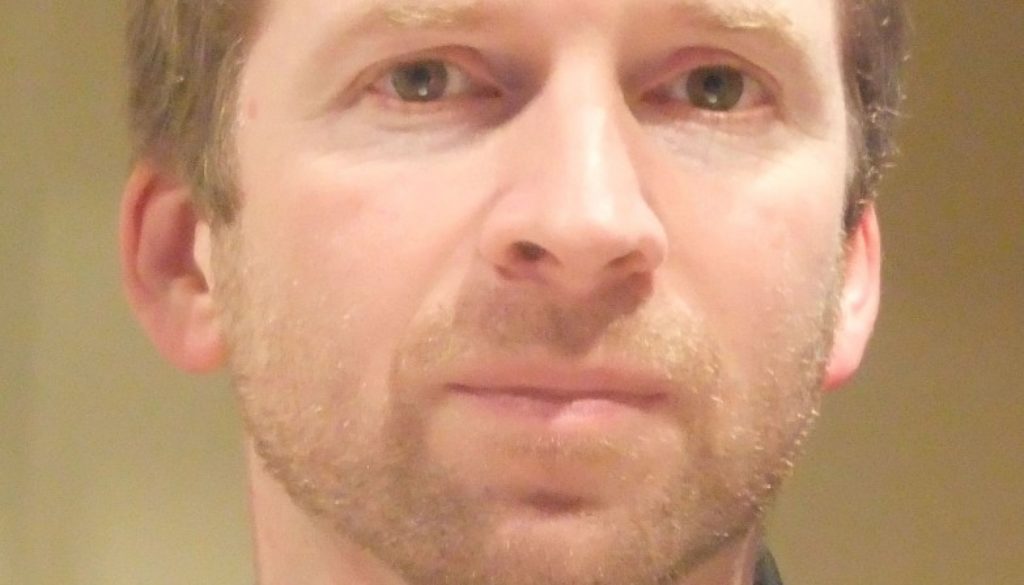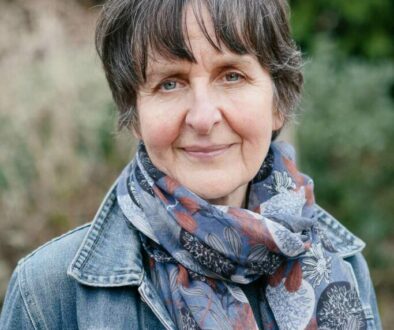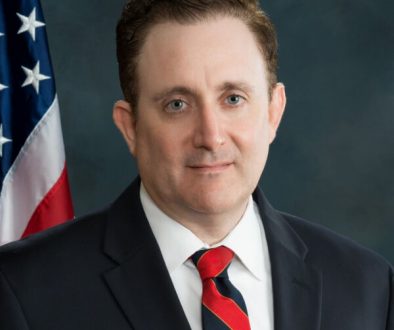Interview with Nick Jukes, Co-ordinator of InterNICHE

Antidote Europe (AE): Your academic background is that of physics. Please could you tell our readers how you made the transition from this field to becoming the head of what is surely the most successful organisation for promoting the replacement of harmful animal use in education and training worldwide? Was there a particular event in your life that altered the course of your career or was this a gradual process?
Nick Jukes (NJ): My interests had always been in the arts and the sciences, but I chose the sciences at university. My previously passive support of environmental awareness and animal rights flourished towards the end of my degree due to the vibrant atmosphere of debate and campaigning action. In the late 1980’s I took on an active leadership role within the local radical green group, addressing a wide range of issues from anti-vivisection to anarchism, health to human rights.
A science education can in theory encourage critical thinking, but it often teaches conformity and an avoidance of the concept of social responsibility. I realised that my real education was that provided by grassroots political activism and a community of campaigners. For the 1990’s my work and life was a combination of peaceful direct action, information networking, permaculture design and the promotion of alternatives to harmful animal use.
The humane education and alternatives work was done through EuroNICHE, whose first public conference I had attended in 1989. As the network I was now leading grew more international and was renamed InterNICHE, I appreciated the potential of the organisation and movement to empower people and to create sustainable radical change.
While the InterNICHE focus is very specific and appears to have a narrow application, in fact we are informed by an understanding of intersectionality: how different forms of discrimination and exploitation are interlinked, and how a holistic approach can help bring multiple positive impact that reaches across education, the professions and society as a whole. This is clearly illustrated by the intersection of student rights to a high quality, ethical education on the one hand, and animal rights and freedoms on the other. We articulate a bold vision of humane education and full replacement, and employ a creative, solution-oriented approach to make the vision real. Despite its challenges, the work of helping to catalyse many small revolutions in people’s psychology and practice across the world is truly rewarding.
AE: Could you give our readers an overview of your work? Do you mainly focus at university education level or other areas as well? What countries have you visited in your campaigning?
NJ: We work primarily at university level, addressing the use of animals and alternatives in practical classes for biology, medicine and veterinary medicine. Harmful animal use includes animal experimentation and the dissection of purpose-killed animals in disciplines such as anatomy, physiology, pharmacology, clinical skills and surgery. We also address professional training, such as in advanced surgery training courses, and sometimes secondary level education, where dissection might still be performed.
Alternatives include non-animal alternative tools such as digital video, multimedia software and virtual reality (VR), training models, mannekins and simulators. Alternatives also include approaches such as student self-experimentation, the use of ethically sourced animal cadavers, and the clinical learning opportunities of work on animal patients. Our own experience of the pedagogical, ethical and economic advantages of alternatives over harmful animal use is backed up by that of teachers, students and many published studies. Indeed, these innovative and humane methods are now widely available and often no longer considered ‘alternative’, but the norm.
InterNICHE works internationally with teachers, students and campaigners to facilitate the implementation of alternatives and the replacement of harmful animal use. InterNICHE projects include information resources such as the book from Guinea Pig to Computer Mouse and the on-line Studies Database and Alternatives Database (the latter with details of over 1000 alternatives); further multi-language website resources; Alternative Loan Systems, or libraries, to enable the trial, assessment and demonstration of alternatives; a Humane Education Award grant program to support local development and implementation of alternatives; empowerment of student conscientious objectors; a range of freeware and other low cost alternatives; and conferences, exhibitions, outreach visits and training worldwide.
I have travelled very widely – so far having visited nearly 50 countries. My large carbon footprint is my one big compromise in a life in which I aspire to compromise very little. Nevertheless, I always try to maximise the impact of my visits. By being part of a large network of people who want to take action in this area, there has been the opportunity to work in countries as diverse as Brazil, South Africa, Iran, Russia, Uzbekistan, India and China, as well as across Europe.
AE: Our director, Andre Menache, was very privileged to travel with you on a lecture tour of South African universities in August 2012, which included medical and veterinary schools. Could you share with us some of the highlights of that tour in terms of the sort of positive feedback you received from the teaching staff?
NJ: The outreach to South Africa was very successful. Over a week of events on replacement alternatives in education, research and testing were held, comprising the first major alternatives outreach in the country. The main workshops were followed by seminars at universities at 6 cities across the country. The education and training workshop explored best practice and the advantages of humane learning tools, illustrated with video clips and demonstrations. A Multimedia Exhibition provided access to nearly 100 learning tools from across the disciplines, including models, mannekins and simulators, and software that had been networked across 50 computers.
A live demonstration of laparoscopic surgery illustrated the potential of advanced training tools for superior surgical skills acquisition and the replacement of animal experiments. Ethically sourced organs were perfused using the POP (Pulsating Organ Perfusion) Trainer. The organs derived from a companion animal dog that had been euthanised for medical reasons, following the strict InterNICHE Policy on replacement methods.
For the research and testing focus, presentations were given by experts Barbara Grune from the German Federal Institute for Risk Assessment (BfR) and Andre Menache. Andre explored the use of animal models and human-based research in an age of personalised medicine. He reflected on ethical committees and their effectiveness, with a call to establish a level playing field, and questioned the use of sentient animals in fundamental research, suggesting it is time to raise the bar.
Barbara Grune introduced alternatives in these fields and provided a review of legislative developments concerning animal experimentation, such as the new EU Directive 2010/63/EU. She described the work of AXLR8 and its efforts to accelerate the transition to a toxicity pathway-based paradigm for chemical safety assessment. Finally she reviewed funding and validation of alternatives, and reviewed global information resources and techniques for reliable searches on alternatives.
The workshops had an audience of over 70 people who comprised a diverse cross-section of representatives from academic, industry and regulatory bodies. The range and high level of the questions were very promising for the future. And as has been reported from previous InterNICHE outreach, comments were received from participants who had arrived cynical but left convinced of the need for replacement – and willing to help achieve it.
AE: Based on your extensive travelling and your encounters with various academic institutions, what would you say are the remaining obstacles to the wider use and implementation of non harmful teaching and training methods?
NJ: All the obstacles to full replacement are surmountable. InterNICHE and others are working to remove real and perceived obstacles and to make the transition easy and desirable. The projects and resources we offer have been developed for that purpose. Amongst other advantages, alternatives are usually cheaper than the costs associated with animal experiments, so widespread appreciation of this will help in the transition. For some countries, access to computer hardware can sometimes hinder implementation, but just as the reach of technology is increasing, so is the price decreasing.
Rigid adherence to tradition is often a problem, but when this inertia is recognised as blocking the enhancement of education and training – as well as being unscientific – then the benefits of developments in technology and the sharing of excellent new teaching tools can be reaped. There are also a number of myths and misconceptions that need naming and shaming:
First is that full replacement is not realistic, and that the 3Rs of reduction, replacement and refinement are appropriate in education and training. The reality is that full replacement has already been achieved in countless universities across the world – to everyone’s benefit – and is a far better approach than any other that holds back the implementation of advanced methods.
Second is that alternatives are not ‘the real thing’, and that animal experiments are. In fact, animal experimentation is a method, and should not be confused with an objective. The ‘real thing’ should refer to the range of teaching objectives and the process of successfully meeting them. A focus on ethical and effective acquisition of knowledge, skills and attitudes, rather than emotional attachment to a specific method of questionable benefit, is essential.
Third is that if there are no more animal experiments then students and trainees will have no learning and training tools at all, and no access to animals. The reality is that alternatives significantly add to and improve education and training. Replacement means replacement of harmful animal use, so as well as introducing non-animal methods for all students and trainees, those like vets who really needs hands-on experience of animals can be exposed to neutral or beneficial work with animals, for example within the healing context of a clinic.
AE: We would like to thank you very much for giving up the time to take part in this interview, knowing what a very busy schedule you have. In conclusion, are there any additional thoughts or comments that you would like to share that were not covered in the interview?
NJ: There’s a growing momentum for replacement of harmful animal use by alternatives in education and training, so now is a very exciting time. Formal agreements that we have signed with Russian and Ukrainian universities have led to the annual saving of over 50,000 animals. In India, the national academic council for zoology has come out against dissection, so as alternatives are introduced, up to 19 million animals will no longer be killed each year.
One reason for the success is the fact that alternatives provide a win-win solution. Students win, because they have access to best practice learning tools and a good learning environment; teachers win because they can more effectively share their knowledge and skills; society and the professions win because there is a new generation of better trained, critical thinking, ethically literate and compassionate graduates; and of course the animals win: no more killing, and no other forms of harm.
Biography: Nick Jukes
Nick Jukes graduated in the physical sciences from the University of Leicester, England, in 1988. Since the mid-1990s he has co-ordinated InterNICHE, helping to build a diverse network of individuals and campaigns working for curricular transformation and humane education within the life sciences. He co-produced the award-winning film Alternatives in Education (InterNICHE, 1999), and project managed and co-authored the 2nd edition of from Guinea Pig to Computer Mouse (InterNICHE, 2003). These have been distributed widely across the world in many translations. He has helped establish a range of other resources and projects on alternatives, including the InterNICHE Alternatives Loan Systems and Humane Education Awards (from 2002). He co-organised the Alternatives, Animal Welfare and the Curriculum series of training seminars (India 2004), the 2nd InterNICHE Conference Alternatives in the Mainstream: Innovations in life science education and training (Norway 2005), and the Multimedia Exhibitions at the 5th, 7th and 8th World Congresses on Alternatives and Animal Use in the Life Sciences (Germany 2005, Italy 2009 and Canada 2011). He also co-organised the Latin American series of seminars Alternative Methods for an Ethical Education: Best Practice and Innovation in the Life Sciences (2008) as well as the 1st Pan-African Seminar and 1st North Africa and Middle East Seminar on Alternatives to Animal Experiments in Education and Training (Kenya 2009 and Egypt 2010). Recent (2012) outreach has included seminars and exhibitions across Central Asia and Latin America. InterNICHE activity has led to widespread direct replacement of animal experiments and dissections. Nick is currently doing further global outreach, producing a new film on alternatives in veterinary education and training, and co-organising the 3rd InterNICHE Conference (England 2013). He is also interested in photography and psychosynthesis.




